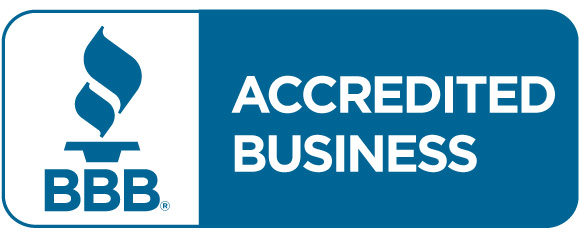How to Build a Budget for Bay Area Commercial Roofing
San Francisco Commercial Roofing Budgeting
Building a budget for a commercial roof is a crucial step for any business or property owner. A well-planned budget ensures that you can afford the necessary work without compromising on quality or running into unexpected expenses. Here’s a step-by-step guide to help you build a comprehensive budget for your Bay Area commercial roofing project.
1. Assess the Current Roof Condition
Before you can budget accurately, you need to understand the current state of your roof. Conduct a thorough inspection, either by yourself if you have the expertise or by hiring a professional roofing contractor. Look for signs of damage, wear and tear, leaks, and any other issues that need to be addressed. This initial assessment will help you determine whether you need a full roof replacement or if repairs will suffice.
2. Determine the Scope of Work
Once you have assessed the condition of your roof, define the scope of work required. Will you need a complete roof replacement, partial repairs, or just maintenance work? The scope of work will significantly impact your budget. For example, a full Bay Area commercial roofing replacement will naturally be more expensive than minor repairs.
3. Choose Roofing Materials
The type of materials you choose will have a major impact on your San Francisco commercial roofing budget. Commercial roofs can be made from various materials, including TPO, PVC, metal, and asphalt. Each material has its own cost, durability, and maintenance requirements. Research the pros and cons of each option and select the one that best fits your budget and long-term needs.
4. Obtain Multiple Quotes
Don’t settle for the first estimate you receive. Contact several reputable Bay Area commercial roofing contractors to get detailed quotes. Ensure each quote includes a breakdown of labor, materials, and any additional costs such as permits or disposal fees. Comparing multiple quotes will give you a better idea of the market rate and help you find the best value for your investment.
5. Factor in Additional Costs
In addition to the direct costs of labor and materials, consider other potential expenses:
- Permits: Check with your local municipality to see if you need any permits for your roofing project and factor in those costs.
- Disposal Fees: Removing an old roof often involves disposal fees for the debris.
- Contingencies: It’s wise to set aside a contingency fund, typically 10-15% of the total budget, to cover unexpected issues that may arise during the project.
6. Plan for Maintenance
A well-maintained roof lasts longer, reducing the need for costly repairs or early replacement. Include a maintenance plan in your budget to cover regular inspections, cleaning, and minor repairs. This proactive approach can save you money in the long run.
7. Review Financing Options
If the cost of the roofing project exceeds your current budget, explore financing options. Many Bay Area commercial roofing companies offer financing plans, and you might also consider a business loan or line of credit. Ensure that any financing plan you choose has favorable terms and fits within your overall financial strategy.
8. Monitor and Adjust the Budget
Once your project is underway, continuously monitor your expenses against the budget. Keep track of all invoices and receipts, and be prepared to adjust the budget if unforeseen issues arise. Regular monitoring helps ensure you stay on track financially and can make informed decisions if adjustments are needed.
Bay Area Commercial Roofing
Building a budget for San Francisco roofing involves careful planning, research, and ongoing management. By following these steps, you can create a realistic budget that covers all aspects of the project, ensuring a high-quality roofing job that meets your business needs without breaking the bank. Remember, investing in a good roof is investing in the long-term health and value of your property. Contact Ben’s Roofing for an experienced team of Bay Area commercial roofing contractors that will make sure you have the commercial roofing service that fits your needs.




